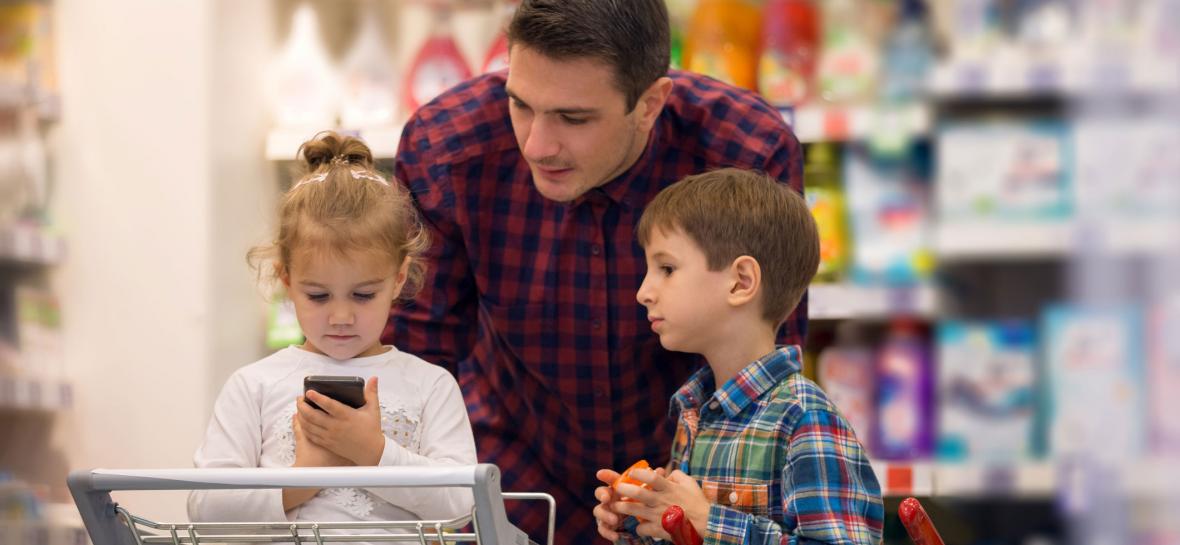If you asked your children to buy bread, fillings, drinks and a treat for four people, do you think they could get it all with the sum of £10 loaded onto their nimbl card?
With many youngsters failing to know the price of simple supermarket items such as bread and milk, is it surprising that their grasp of financial awareness is one that needs drastic improvement?
It is said that even David Cameron (back when he was PM in 2016) needed a crib sheet to remember the price of basic items – if members of our own Government are clueless on such facts, how can we expect children to know these answers?
Well – a fantastic way for children to learn, is by doing. And that is where our challenge comes into play!
Next time you are going on your food shop bring the kids along and have a go at our £10 challenge to help develop their ability to plan, budget and calculate the total of their items.
Now we’re not asking you to have a go at your own version of supermarket sweep – but instead a well throughout mathematic challenge, whereby with a set budget, children can have autonomy of their purchasing decision.
For things that as parents we may take for granted such as calculating the awkward totals of £0.99, £1.34 and £1.57 items, getting your head around decimal points and associating it with an every day task will make children realise the added value that their maths lessons are providing.
Furthermore it enables them to experience the different ways and weights in which products are sold. I’m sure many of us wouldn’t know how many apples were in a kilo, let alone a 10 year old.
But as the old saying goes, practice makes perfect and if they are going out and experiencing concepts of different objects and their weight, then soon enough they will be able to apply this theory to other items as well.
What’s more, with supermarkets laden with deals and savings it’s easy to get drawn into buying more than you bargained for. You should ask yourself, is buying 3 for the price of 2 really saving you a decent margin, plus do you even need 3 of that item?
No doubt, one day your children will have to make these decisions by themselves, so why not start them early to become well trained savvy supermarket savers.
Will you try out our £10 challenge?
Let us know how you got on and what you managed to buy for your money!
